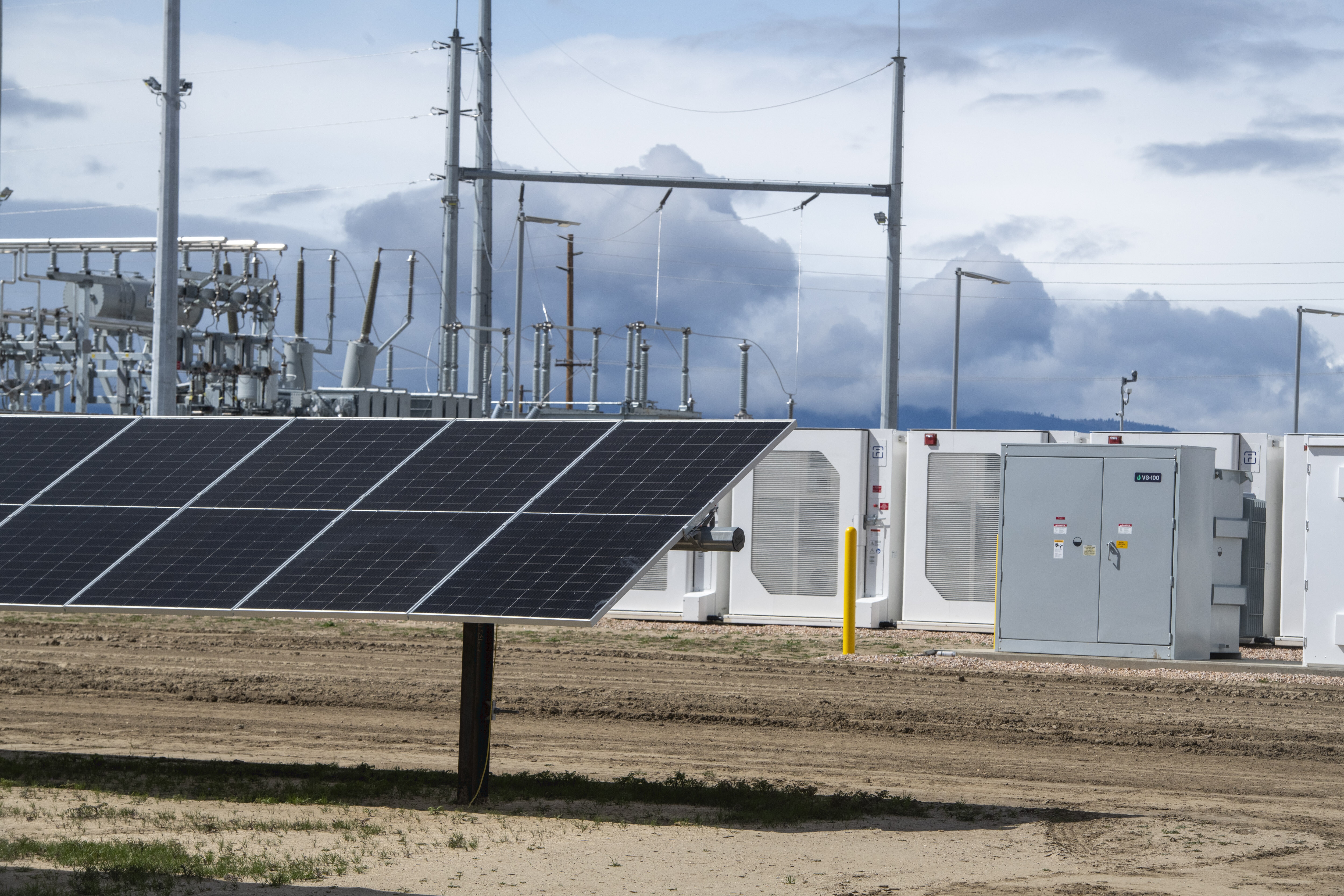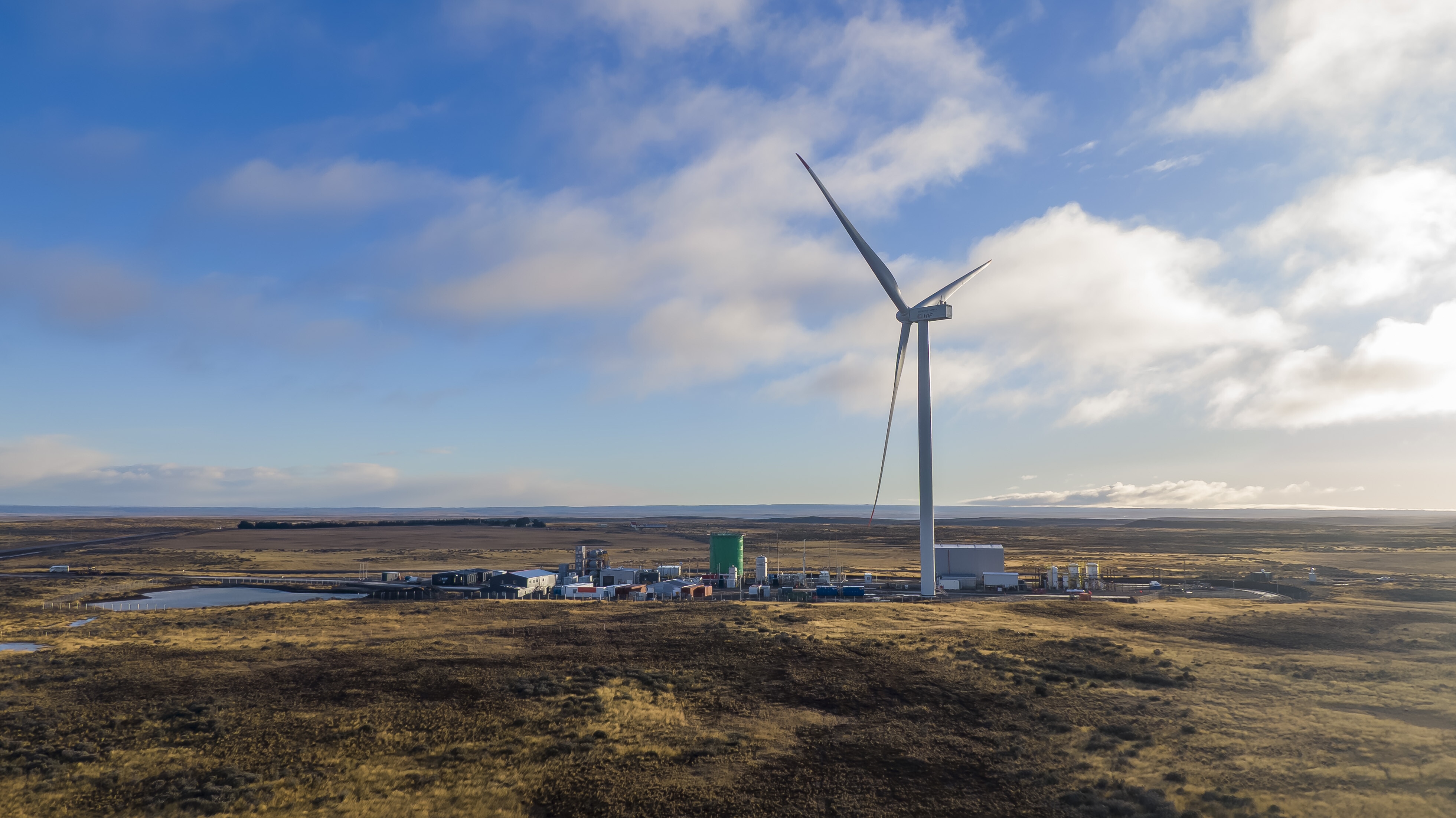Could food be the secret to creating international unity?

The rituals of preparing and consuming food are a huge part of who we are. Image: REUTERS/Clodagh Kilcoyne
Everyone has an opinion about food. People have even stronger opinions and emotions about “their” food. So when the conversation turns to national dishes, the conversation become exciting, and pretty intense too. The Center for Genomic Gastronomy has been presenting a body of work to propose new national dishes – with the goal of stimulating conversations that link art, science, geopolitics and economics.
Food is an ideal medium for engaging a broad public because eating is one of the few activities that most humans do almost every day. The rituals of preparing and consuming food are a huge part of who we are. However, in a highly globalized world anxieties about belonging, identity and borders are on the rise. Creating new recipes and maps, and letting people choose and taste a range of futures opens up the imagination to new possibilities. There are infinitely many ways that humans might grow, eat and celebrate in the future. Designing new ingredients, dishes and restaurants has been a way for our studio to initiate conversations about climate change, emerging technologies and new political configurations from unexpected angles, and this inevitably leads to conversations about other aspects of culture, society and politics.
In the process of proposing new national dishes, our audience begins to consider their current national dish much more closely. Do they actually like preparing or eating it? How long has it been eaten? What was the national dish 400 years ago, before the potato, tomato or dried cod arrived from far away? In debating and creating a new national dish our audience often comes to the realization that a national dish, like a nation or a culture, is not eternal, and can shift over time.
On the other end of the spectrum, we also work with audiences to prototype new recipes specifically for a geographic area that is not a nation. For example, in the LOCI Food Lab, we ask visitors what a great food system would taste like for the bioregion / ecoregion they inhabit. By showing audiences maps delineated by ecoregion or bioregion and not nation-state, they have to re-orient their preferences, taste-buds and expectations about the future, using a political geography that they are not used or may have never considered. A bioregion is a bounded geographic area that is defined by environmental features such as climate, water, soil, terrain and imagining the future of food from that area, means taking these ecological qualities into account and imagining what it would take to sustain them, or what it would be like if one changed dramatically.
How can we map food controversies, prototype alternative culinary futures and imagine a more just, biodiverse & beautiful food system? We have found that identifying the unique characteristics of a local or regional food system gives distinct and meaningful shape to the food futures we are prototyping there.
Place Matters
We have both created and seen a ton of visions for the future of food over the last 10 years. We have noticed that the same handful of food futures get perpetuated in forums like WIRED magazine, the Economist and newspapers. 3D printed foods, Vertical Farming, InVitro Meat and Insect protein are touted as solutions that can be implemented anywhere on the planet. These kinds of visions prioritize the use of cutting edge technology, emphasize automation and efficiency, and have little to do with geographic specificity. The images that accompany these general-interest pieces look clean, abstract, sterile, shiny and enticing, and tend to emphasize the food product rather than the growing methods or human labour required, ignoring the complexity behind the packaged output.
Our frustration with this endless repetition of the same few generic stories about food futures has put us on a quest to co-create stories that take into account taste, place, technology and time in equal measure. We believe that dreaming up regionally-specific food futures matters a great deal at this moment in history. Populist movements with nationalistic and xenophobic tendencies are on the ascendency around the world, but people, goods and ingredients continue to be on the move globally, with great fluidity. Our food futures need to be as inclusive, messy, resilient and as diverse as the places we inhabit around the planet. What are the narratives and where are the storytellers that help us move beyond modernist techo-fixes that get perpetuated as the obvious options for the future? How can we get better at imagining and developing regional food systems that can heal the fractures of our world?
Don't miss any update on this topic
Create a free account and access your personalized content collection with our latest publications and analyses.
License and Republishing
World Economic Forum articles may be republished in accordance with the Creative Commons Attribution-NonCommercial-NoDerivatives 4.0 International Public License, and in accordance with our Terms of Use.
The views expressed in this article are those of the author alone and not the World Economic Forum.
Stay up to date:
Agriculture, Food and Beverage
Forum Stories newsletter
Bringing you weekly curated insights and analysis on the global issues that matter.
More on Industries in DepthSee all
Ricardo Falú and Chris Shelton
February 17, 2026










